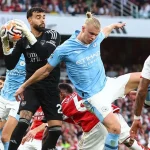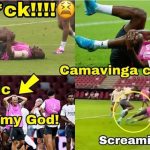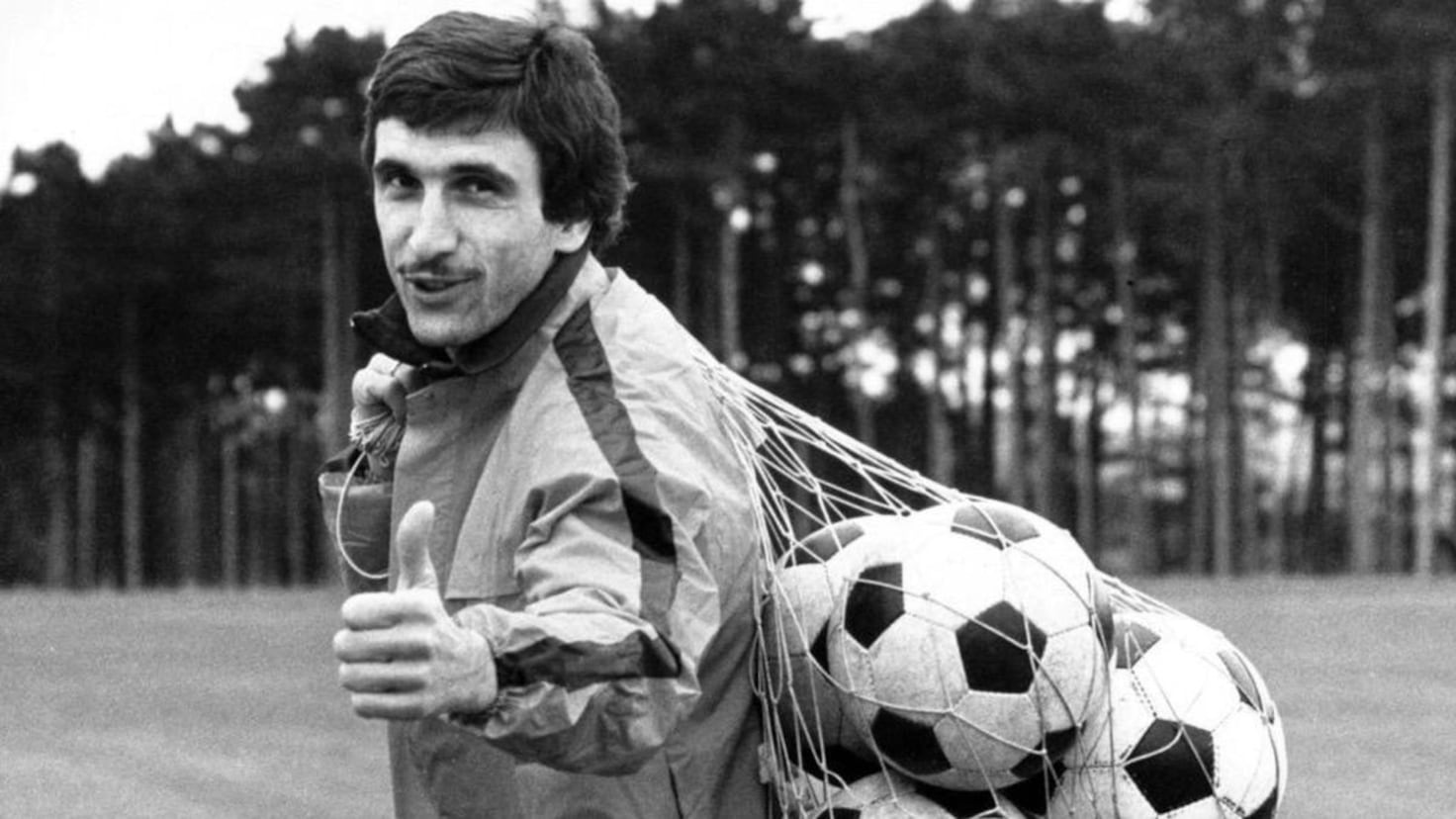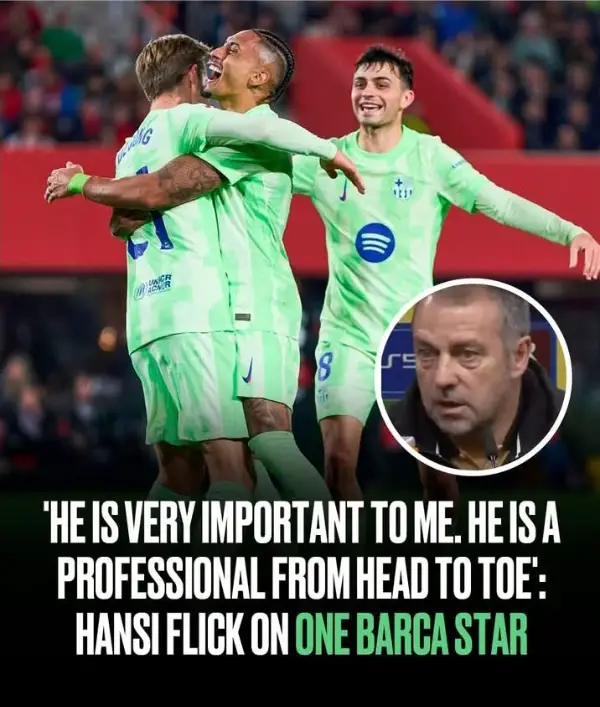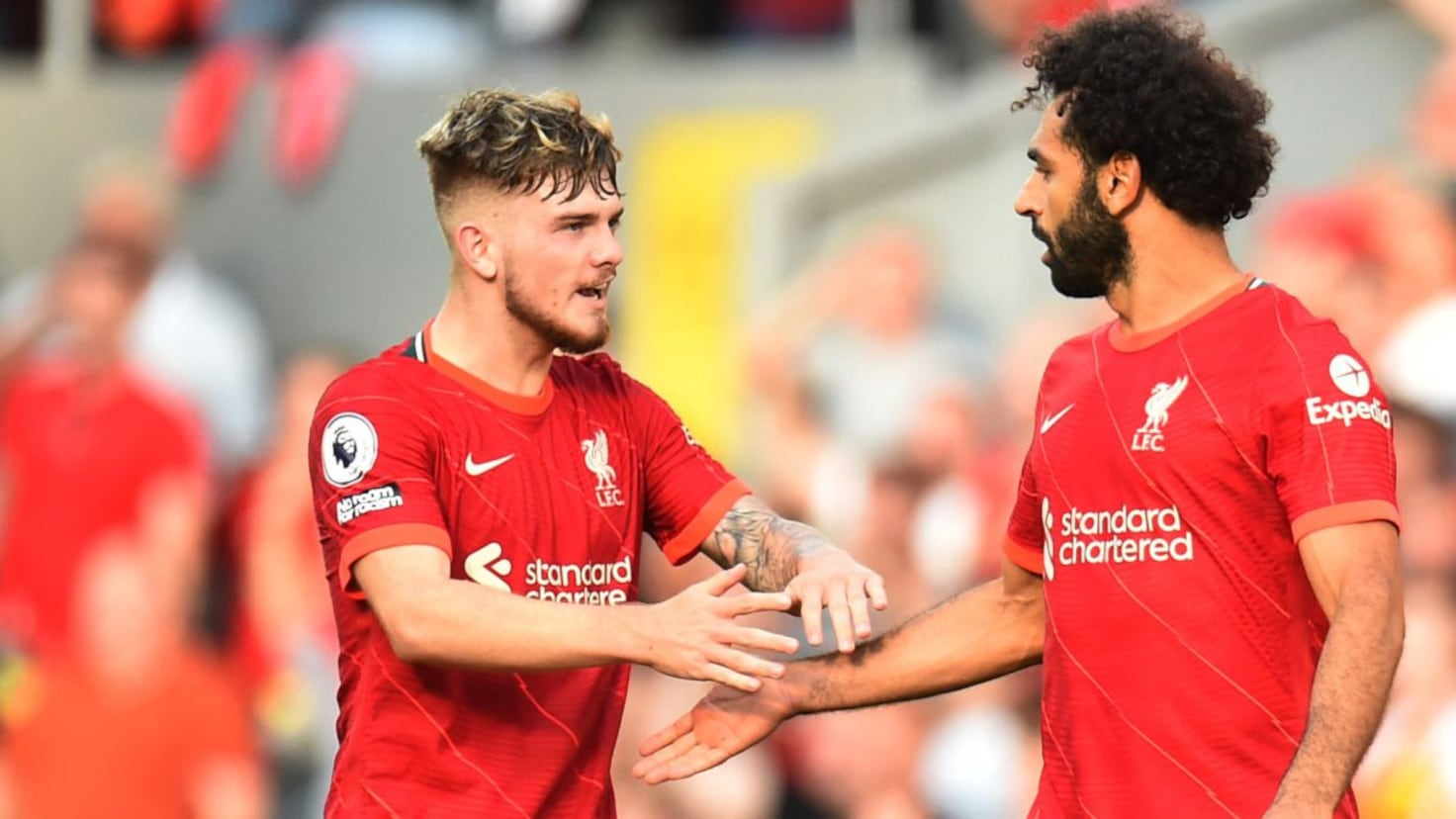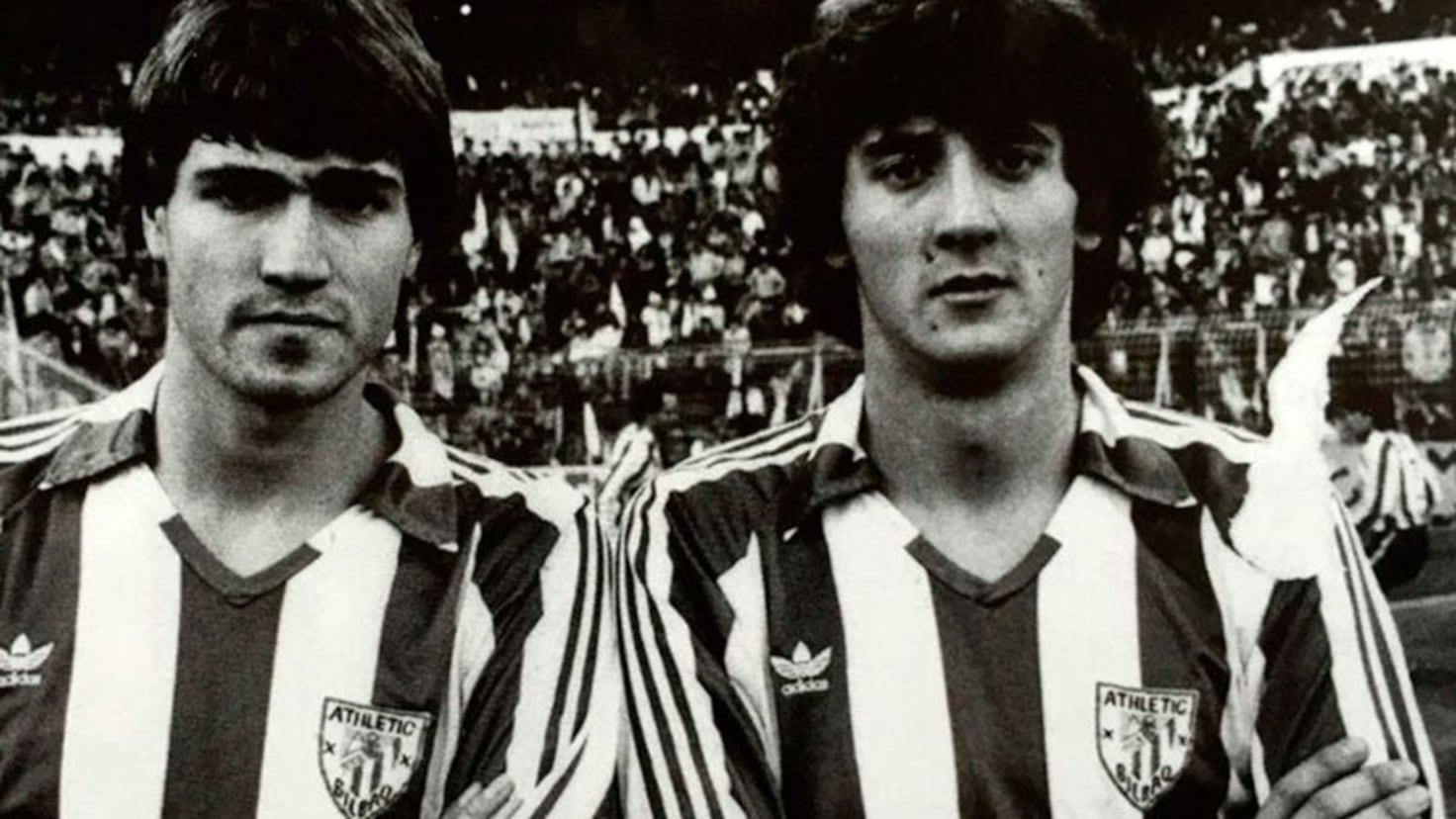“The attack of the Double Kâ€, Don Balأ³n on the cover. The Double K was going to be Kempes and Krankl and the Valencians were licking their lips. Kempes was entering his third season at the club, he had been national top scorer the previous two and the 78 World Cup elevated him to the pinnacle of glory, since Argentina had emerged as world champion with him as a star and scorer. He was without a doubt the best player in the world.
One of the few who could come close to him was another imposing left-footer, the Austrian Hansi Krankl, Golden Boot winner in European football the previous season. He had also been a thunderbolt in the World Cup, a figure in the Austrian attack, with four goals scored. Valencia decided to sign him to replace Lobo Diarte in the attack, who had been accompanying Kempes. A genius, but Pasieguito, the famous coach, saw him as very fond of going out at night and absent-minded in training. It seemed like a good idea to release it in Spain, where it had good sales. So Valencia agreed to the transfer operation with Krankl and his club, Rapid Vienna.
That Double K thing was national news. Imponأa. But it was fleeting. It had been a year since Nأ؛أ±ez had been in charge of Barça, and five years had passed since Cruyff arrived at the club, whose contract was expiring. Cruyff had played a sensational first year and then fell into the groove. Nأ؛أ±ez, who decided not to renew him, needed an impact signing, so he crossed paths with an operation that had been agreed upon, paying Rapid Vienna 69 million pesetas (Valencia had agreed to 60) and doubling Krankl’s chأ© offer. And it was done with him.
That caused indignation in Valencia, which had to redo its plans. He kept Lobo Diarte and signed Bonhof, a midfielder from Borussia Moenchengladbach, whom he already tried to hire in the summer of 1976. But the fans were extremely irritated with Barça, and the football elves wanted the draw to pit them against each other in the second League day, with the grievance still fresh. Barça had started badly, falling in the Gamper precisely against Rapid Vienna (which would later be beaten in the final by Colonia) and beating Racing on the first day of the League by a sad 1-0 at the Nou Camp . Valencia, in turn, had lost on the first day at the Bernabeu, where it was without Kempes, exhausted by a summer tour with which the club exploited its cache.
It was Valencia’s first game at Mestalla after the renovation and expansion of the stadium for the 82 World Cup. Plastic seats had replaced the old reed chairs and everything contributed to the sensation of an extraordinary night. (It was played at 10:30 p.m., Valencia’s usual time in summer).
The atmosphere was terrible. The football insult came at a bad time, since at that time a map of the Catalan countries was circulated that created an enormous stir. At the gate of the Mestalla, a group of exalted people handed out a leaflet that on one side recalled Nأ؛أ±ez’s grievance and urged the spectator to repudiate the Bar, and on the other side celebrated the very recent death of Ricardo Zamora: آ،ZAMORA HAS DEAD! ONE CATALأپN LESS! A major outrage that explains the delirious degree of irritation that was created.
Kempes opened the scoring in the 28th minute with a superb free-kick to the top corner, converting a foul he had made against De la Cruz, unleashing euphoria. The match was back and forth, each intervention by Krankl or each foul by Barça provoked a colossal shout, but the stadium fell silent when in the 71st minute, Krankl equalized by heading in a cross from Esteban. But in the 84th minute, Kempes leaves Migueli and crosses for Felman to make it 2-1. Valencia’s final victory only calmed spirits to a certain extent. The conflict remained.
Bonhof will pay off in the long run. Krankl had a great first year that included the top scorer (29 goals in 30 games) and winning the Cup Winners’ Cup in Basel against Fortuna Dأ¼sseldorf, but the following year he had problems with Rifأ© and was replaced by Roberto Dinamita. For its part, Valencia obtained two sweet revenges against Barcelona. That same season they eliminated them from the Cup (of which Barça were champions), lifting the Nou Camp’s 4-1 scoreline with a 4-0 win at Mestalla. In 79-80 they would meet again in the quarterfinals of the Cup Winners’ Cup. Valencia passed (0-1 and 4-3), which would end up winning the competition against Arsenal.

